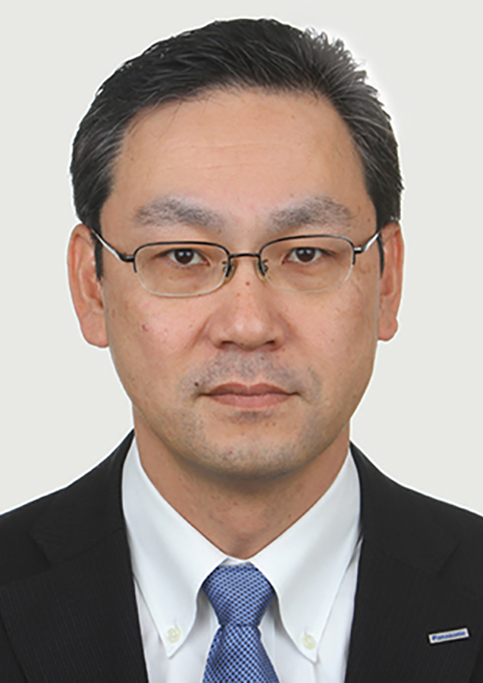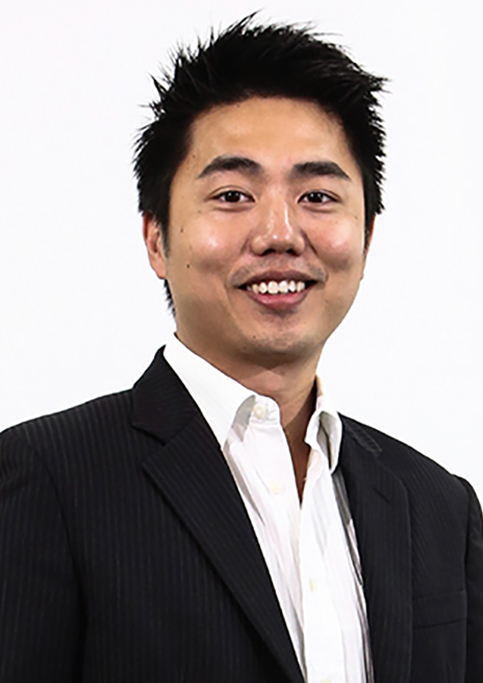A SPECIAL PROMOTIONAL FEATURE ORIGINALLY PUBLISHED IN THE SEPTEMBER 2017 OF FORBES ASIA
Singapore’s long-term commitment to innovation, successful partnerships with businesses and well-educated workforce ensure the country is well-placed to navigate the challenges ahead and thrive.
Singapore has moved from third world to first in less than half a century. Along the way, it has earned a reputation as an innovative global city at the heart of Asia that has thrived despite its many constraints.
Yet, the city-state, which celebrated its 50th year of independence in 2015, cannot take its current prosperity for granted. Beset by technological disruption and geopolitical uncertainty, the world is changing rapidly.
A small country with no natural resources, Singapore has depended heavily on unfettered trade and healthy relations with the rest of the world to fuel its growth. But with signs that countries are developing a more protectionist stance, as well as greater assertiveness from global powers and intensifying competition, the road ahead may be a rocky one.
That said, Singapore has shown its ability to innovate in the face of challenges time and again, whether it was building an industrial base from scratch, developing one of the world's best airports, or establishing a more self-sufficient water supply. To thrive in a fast-evolving landscape, the nation will need to continue to innovate with a purpose by turning possibilities, fueled by passion, into reality.
As part of this effort, the Singapore Economic Development Board (EDB) and Singapore Tourism Board (STB) have launched a new unified “SG” brand for both business and tourism. The brand will signal to the world the country's relentless commitment to innovation. On a business front, it also reflects what Singapore has done and will continue to do: partnering global businesses on journeys to create new solutions and innovations with a positive impact on the world.
Singapore is a city of possibilities, driven by a passionate workforce to succeed. The long-term vision for the country is to remain the preferred choice for international businesses seeking to expand their business in Asia and beyond.
Panasonic: Connecting to regional customers
As a regional business hub well-connected to the region, Singapore is an ideal location for Japanese electronics giant Panasonic to house some of its headquarter functions. For instance, the group recently relocated its Refrigeration Compressor Business Unit (RCBU) headquarters to the city-state to be closer to its customers and better understand their needs.












